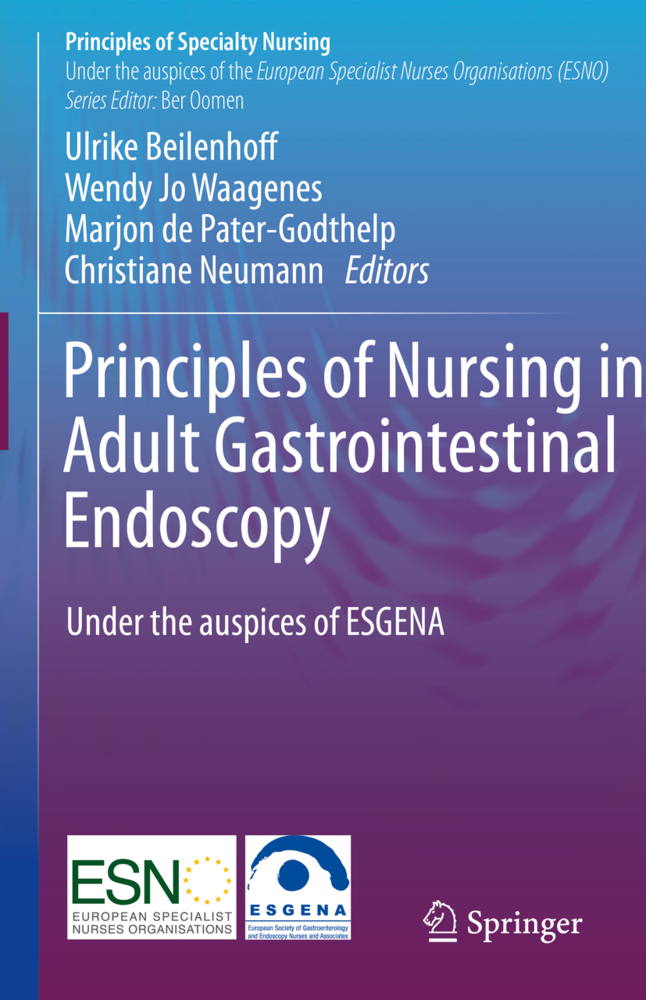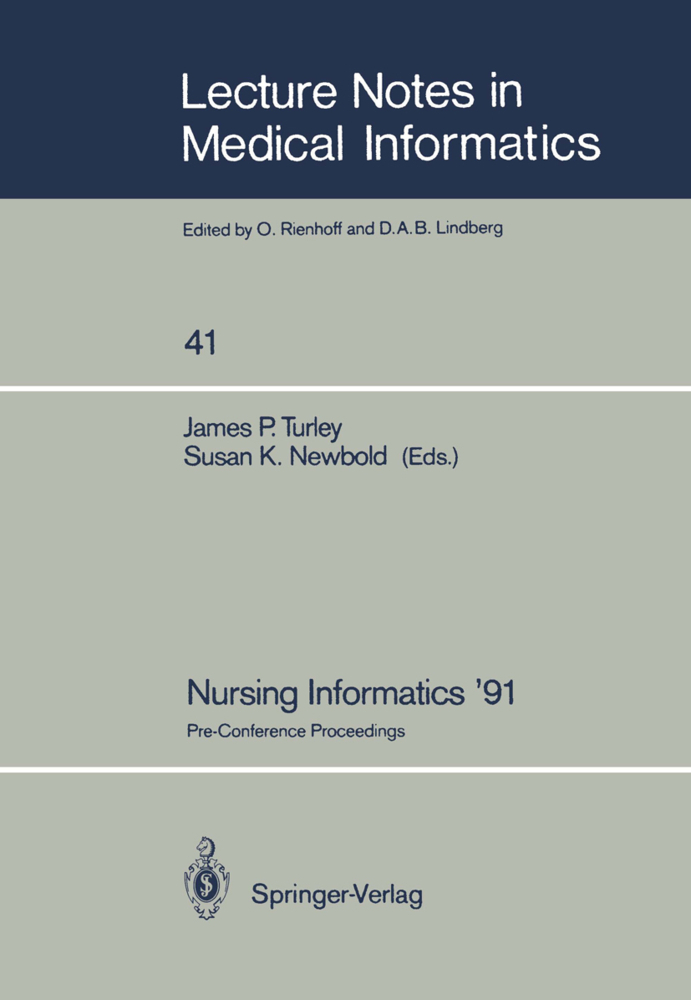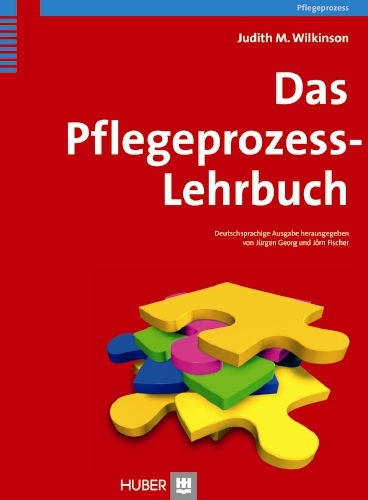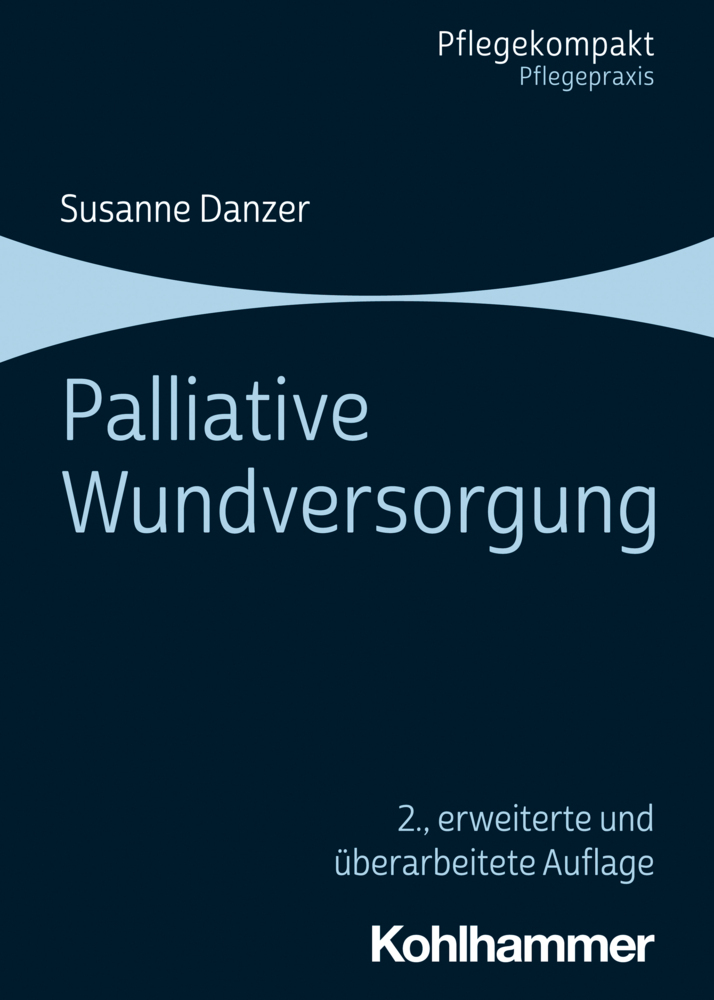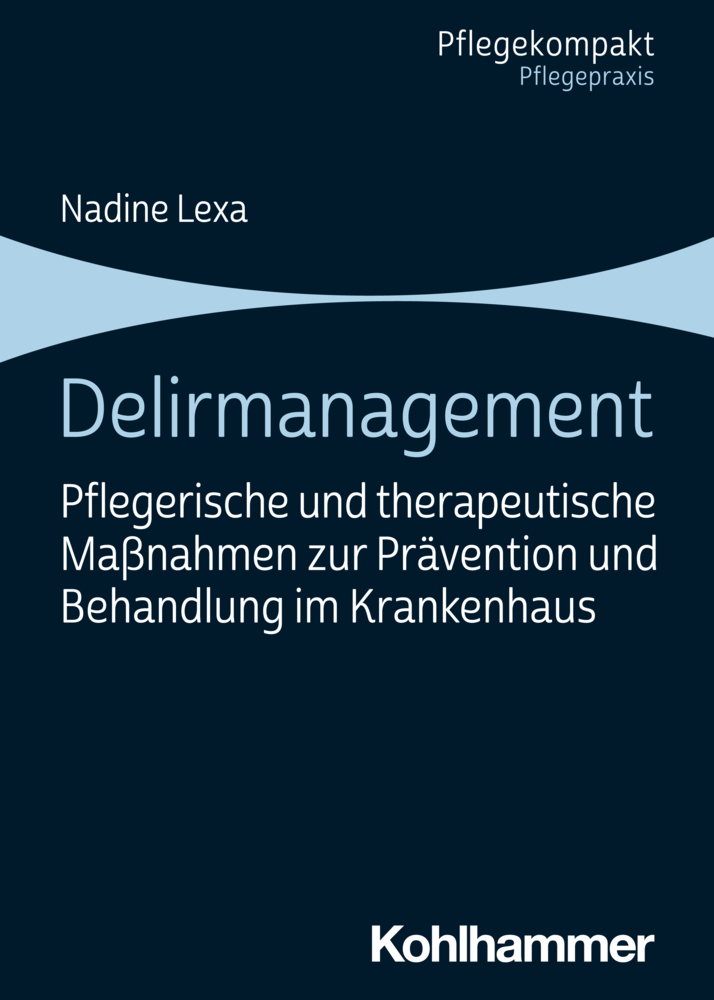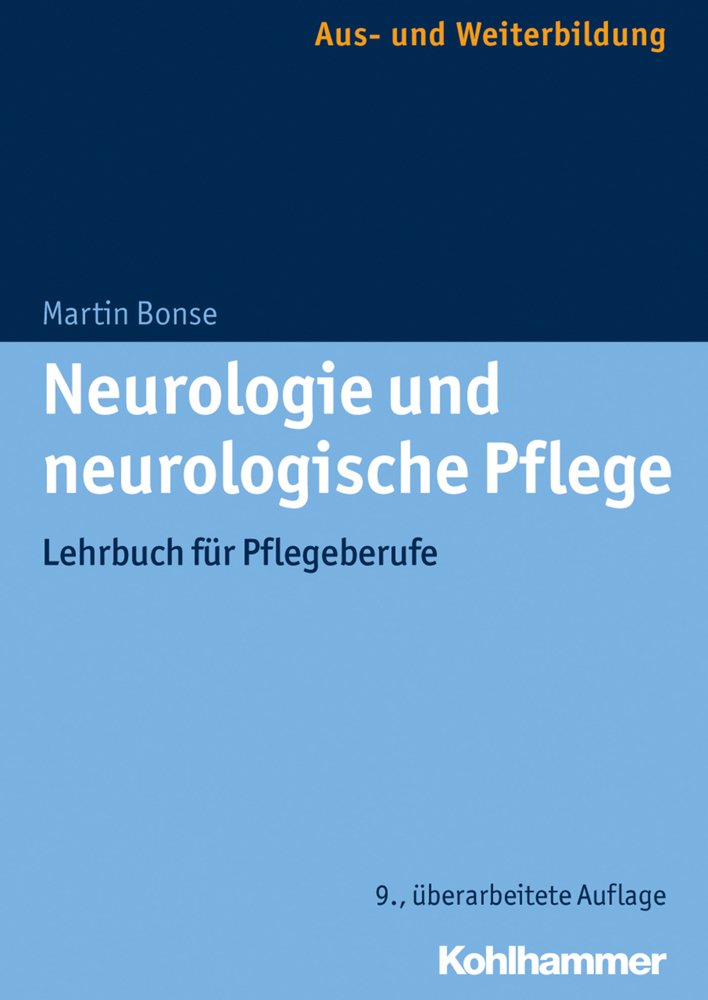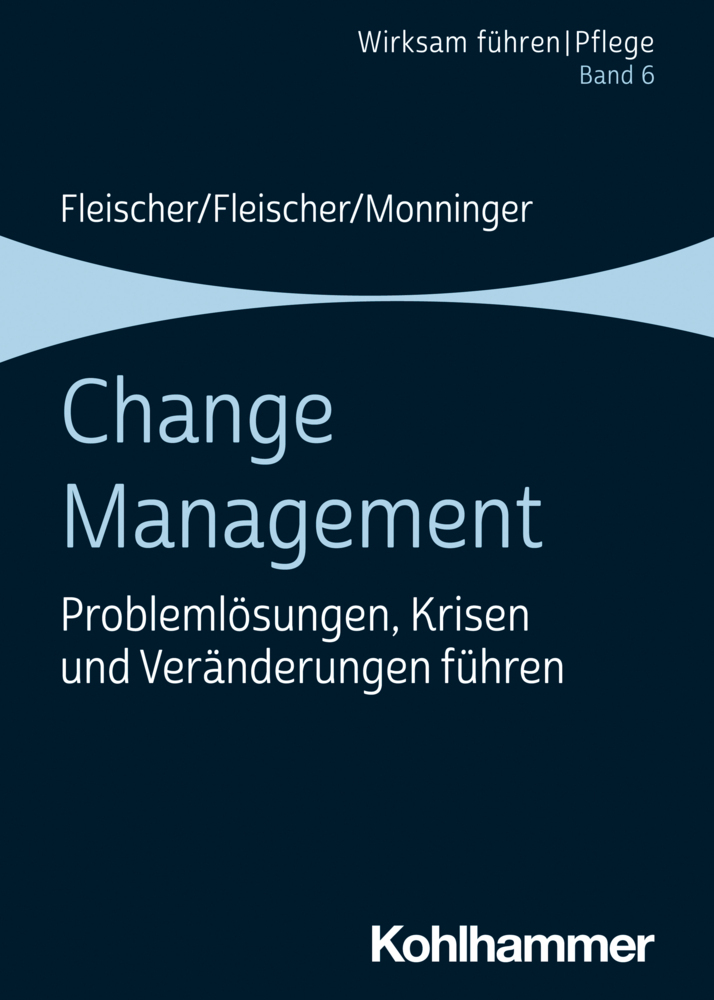Principles of Nursing in Adult Gastrointestinal Endoscopy
Under the auspices of the European Society of Gastroenterology and Endoscopy Nurses and Associates
Principles of Nursing in Adult Gastrointestinal Endoscopy
Under the auspices of the European Society of Gastroenterology and Endoscopy Nurses and Associates
This textbook provides a unique comprehensive evidence-based knowledge about nursing in Gastrointestinal Endoscopy. It is the first book ever that harmonises specialised knowledge on Endoscopy Nursing from different countries. Therefore, it can be used in different national health systems. It explains the developments of Endoscopy nursing which inform the establishment of effective educational structures in medicine and nursing. 67 chapters reflect evidence-based or consensus in practise covering structure, process and outcome quality of endoscopic procedures and related patient care. A huge variety of endoscopic procedures and other GI relevant investigations are included offering useful information for nursing practice. Advanced roles are established in many countries worldwide. Principles of these roles for example nurse endoscopists or nurse administered Propofol sedation offer career development in Gastrointestinal Endoscopy and is ever evolving. Combining best experts' knowledge from many countries, this textbook can be used for teaching new staff in endoscopy as well as reviewing and updating Endoscopy specific knowledge. As the content is based on the ESGENA European core curriculum, it can be used as a resource for courses focused on endoscopy nursing.
Endoscopy procedures are an integral part in cancer screening programs as well as detection and therapeutic interventions for a number of gastrointestinal conditions. Technological developments have significantly expanded in the last 30 years. In this context Endoscopy nurses are responsible not only for individualised, comprehensive and complex patient care, but also advanced technical skills during endoscopic interventions, which require close monitoring of patients to ensure safety. Infection prevention and control is vital throughout the patient journey and this also includes the decontamination processes of endoscopes and accessories. Staff involved inpatient care and decontamination processes need training and knowledge to prevent patient and self-contamination. In addition, advanced endoscopy nursing skills have been established for the treatment of various gastrointestinal diseases. These complex tasks require specialised knowledge and training to ensure patient safety and positive outcomes in patient care.
The European Society of Gastroenterology and Endoscopy Nurses and Associates (ESGENA) has developed important documents, like the European Job profile and the European Core Curriculum for Endoscopy nursing, followed by statements on staffing levels and nurse endoscopists. Since its foundation in 1996, ESGENA has been establishing a close co-operation with ESGE and has co-authored various guidelines, statements and curricula on hygiene, sedation, quality assurance and endoscopy techniques. ESGENA also developed a close co-operation with ESNO. Consequently, this textbook is published within ESNO series.
The Role of GI nurses
Management of Endoscopy Units
Health and safety
Hygiene and Infection control
Principles of GI Endoscopy Nursing
Specific Endoscopy procedures
Therapeutic Endoscopy
Additional considerations for specific patient groups
Other relevant investigations and treatment in GE
Career development.
Endoscopy procedures are an integral part in cancer screening programs as well as detection and therapeutic interventions for a number of gastrointestinal conditions. Technological developments have significantly expanded in the last 30 years. In this context Endoscopy nurses are responsible not only for individualised, comprehensive and complex patient care, but also advanced technical skills during endoscopic interventions, which require close monitoring of patients to ensure safety. Infection prevention and control is vital throughout the patient journey and this also includes the decontamination processes of endoscopes and accessories. Staff involved inpatient care and decontamination processes need training and knowledge to prevent patient and self-contamination. In addition, advanced endoscopy nursing skills have been established for the treatment of various gastrointestinal diseases. These complex tasks require specialised knowledge and training to ensure patient safety and positive outcomes in patient care.
The European Society of Gastroenterology and Endoscopy Nurses and Associates (ESGENA) has developed important documents, like the European Job profile and the European Core Curriculum for Endoscopy nursing, followed by statements on staffing levels and nurse endoscopists. Since its foundation in 1996, ESGENA has been establishing a close co-operation with ESGE and has co-authored various guidelines, statements and curricula on hygiene, sedation, quality assurance and endoscopy techniques. ESGENA also developed a close co-operation with ESNO. Consequently, this textbook is published within ESNO series.
Introduction
History of Endoscopy nursingThe Role of GI nurses
Management of Endoscopy Units
Health and safety
Hygiene and Infection control
Principles of GI Endoscopy Nursing
Specific Endoscopy procedures
Therapeutic Endoscopy
Additional considerations for specific patient groups
Other relevant investigations and treatment in GE
Career development.
Beilenhoff, Ulrike
Waagenes, Wendy Jo
de Pater-Godthelp, Marjon
Neumann, Christiane
| ISBN | 978-3-030-43790-9 |
|---|---|
| Artikelnummer | 9783030437909 |
| Medientyp | Buch |
| Copyrightjahr | 2026 |
| Verlag | Springer, Berlin |
| Umfang | 700 Seiten |
| Abbildungen | Approx. 700 p. 100 illus., 50 illus. in color. |
| Sprache | Englisch |

